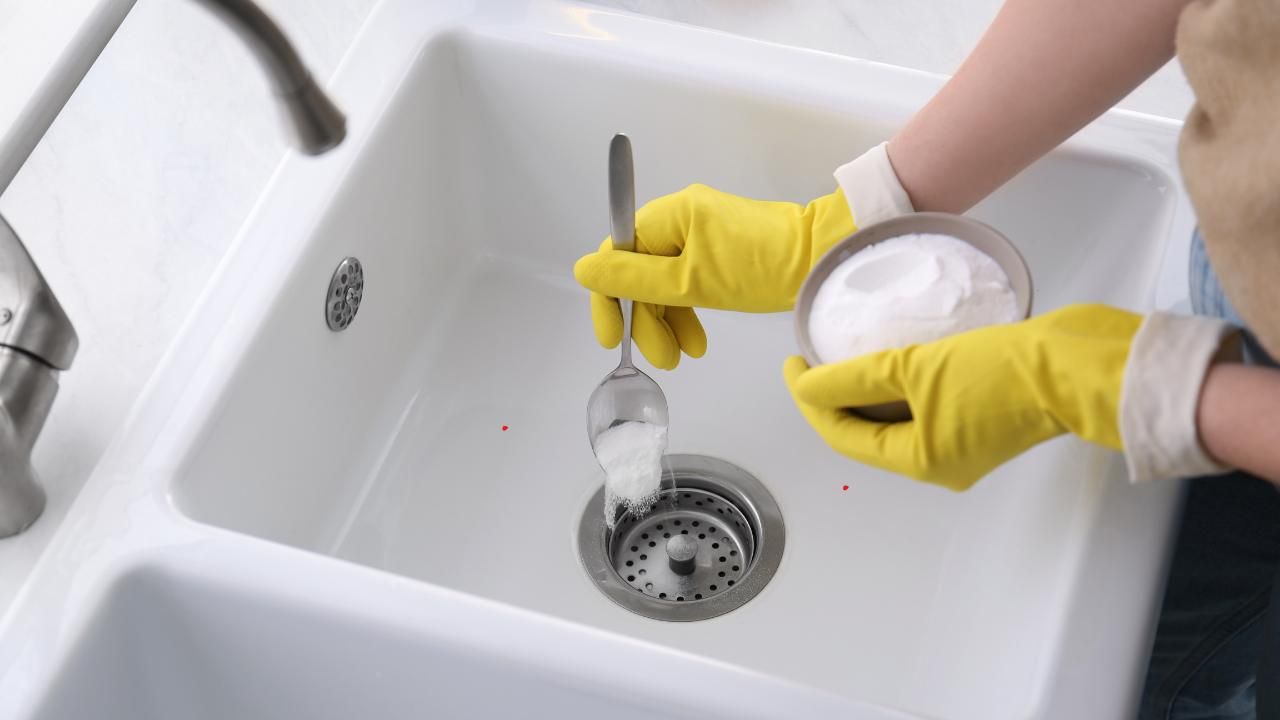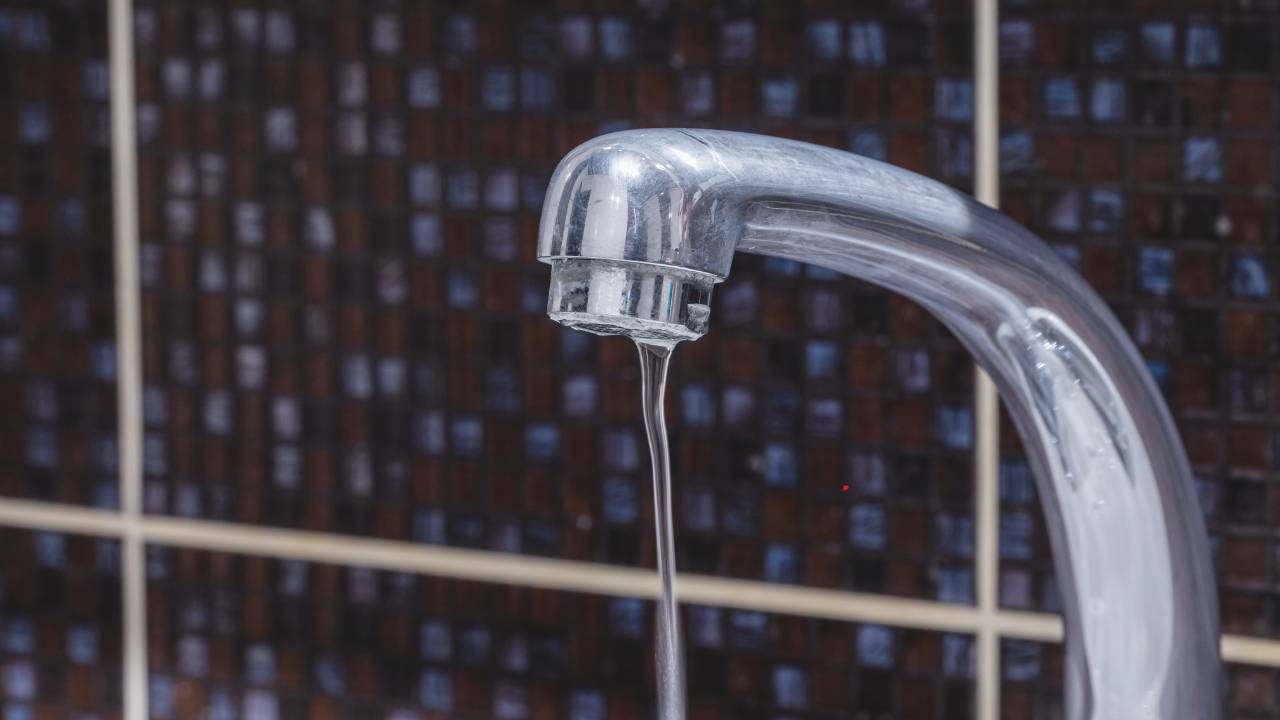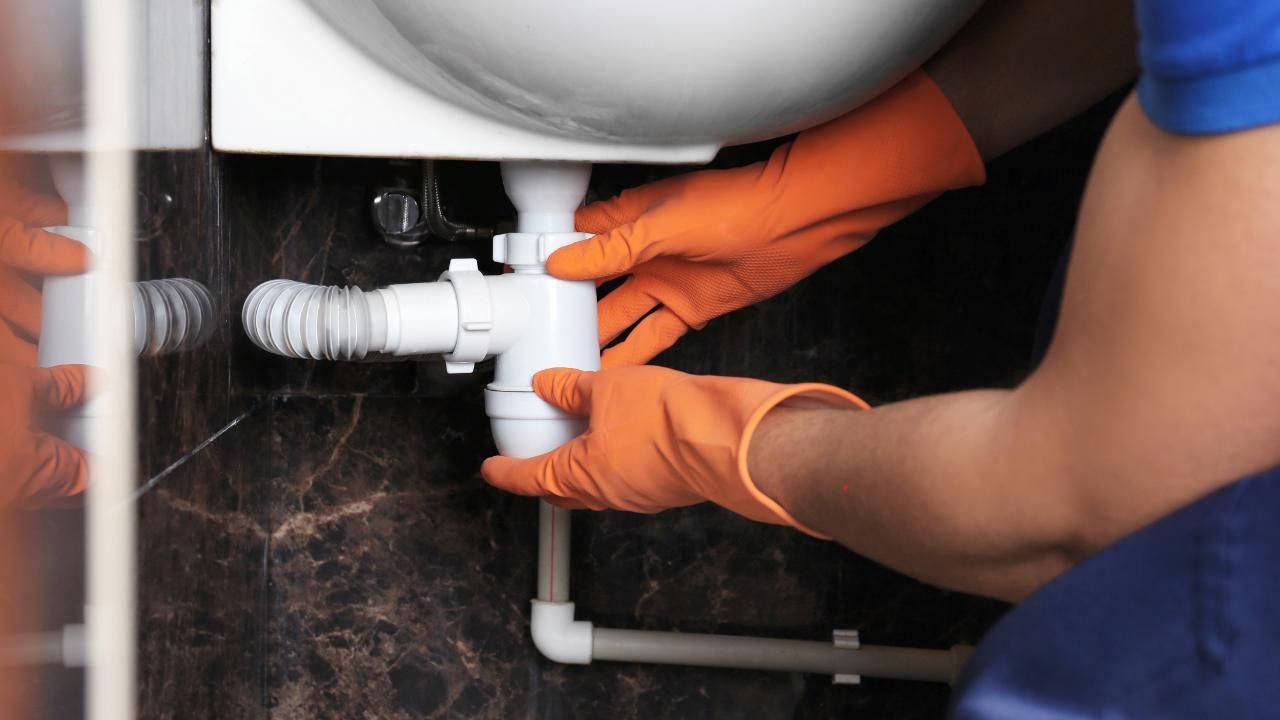Understanding Kitchen Sink Clogs: Common Causes and Prevention Tips

A clogged kitchen sink can quickly turn a smooth day into a frustrating mess. One minute you’re washing dishes, and the next, water refuses to drain—leaving you with a sink full of dirty water and mounting irritation. But before you reach for harsh chemicals or start plunging away, it helps to understand why kitchen sink clogs happen and what you can do to prevent them.
In this post, we’ll walk through the most common causes of kitchen sink blockages and share practical tips to keep your drain flowing freely.
What Causes Kitchen Sink Clogs?
Your kitchen sink goes through a lot. From food scraps to grease and soap, all sorts of things travel down the drain. Over time, these materials can build up and create stubborn blockages. Here are the main culprits:
1. Grease and Cooking Oils
Grease might slide down as a liquid, but once it cools in the pipes, it solidifies. Over time, it clings to the inside of your plumbing like cholesterol in arteries, gradually slowing and eventually stopping water flow altogether.
2. Food Scraps
Even if you have a garbage disposal, it doesn’t mean your sink can handle everything. Fibrous vegetables like celery, potato peels, coffee grounds, and rice can swell or tangle inside your pipes, leading to clogs.
3. Soap Scum
Yes, even soap can cause trouble—especially if you have hard water. Over time, soap combines with minerals in the water to form a hard residue that lines your pipes.
4. Foreign Objects
Sometimes it’s a spoon, a bottle cap, or a scrub pad. Accidental drops can create an immediate blockage or slowly trap other debris until you’ve got a full-blown clog.
How to Prevent Kitchen Sink Clogs
While some clogs are inevitable over time, most can be avoided with a few mindful habits and maintenance routines. Here’s what the pros recommend:
1. Dispose of Grease Properly
Instead of pouring grease down the sink, let it cool and solidify in a container, then throw it in the trash. You can also wipe greasy pans with a paper towel before washing them.
2. Use a Sink Strainer
A good-quality sink strainer catches food scraps before they go down the drain. Empty it regularly, especially after cooking or washing dishes.
3. Run Hot Water After Use
Flushing your drain with hot water after doing the dishes helps dissolve small bits of grease and soap before they solidify.
4. Avoid Dumping Problematic Foods
Don’t send coffee grounds, eggshells, pasta, or starchy vegetables down the disposal. Even with strong blades, these items can cause buildup.
5. Clean Your Drain Regularly
Once a week, flush your sink with boiling water and a mixture of vinegar and baking soda. This natural solution can help clear minor buildup and neutralize odors.
Case Study: How One Commerce City Homeowner Prevented a Kitchen Plumbing Disaster
After hosting a holiday dinner, Lisa noticed her kitchen sink was draining slower than usual. Instead of waiting for a full blockage, she called Fast Trak Plumbing and Drain. Their technician quickly discovered a deep grease buildup combined with food scraps that her garbage disposal couldn’t handle.
The Fix:
- The plumber used a hydro jet to clear the buildup without damaging the pipes.
- He educated Lisa on using strainers and flushing with hot water and vinegar weekly.
The Result: Lisa avoided a major backup—and now follows a simple maintenance routine that keeps her kitchen running smoothly year-round.
When It’s Time to Call a Professional
If water is draining slowly, gurgling sounds are coming from your pipes, or you notice foul odors, it might be time to call for professional help. Sometimes, clogs are deep within the plumbing system and require tools and expertise you just can’t DIY.
For reliable plumbing services Commerce City CO, homeowners trust the experienced team at Fast Trak Plumbing and Drain. Their expert technicians provide prompt, friendly service and offer specialized drain cleaning services that go beyond the surface to fix the real issue—fast.
Final Thoughts
Kitchen sink clogs are annoying, but they don’t have to be a regular part of your life. By understanding what causes them and sticking to a few preventive habits, you can keep your kitchen running smoothly. And if a clog ever gets the best of you, you’ll know exactly who to call for help.
Need a trusted plumber? Don’t wait until a small clog becomes a costly problem—reach out to a reliable plumbing service provider in Colorado and keep your home flowing smoothly.




